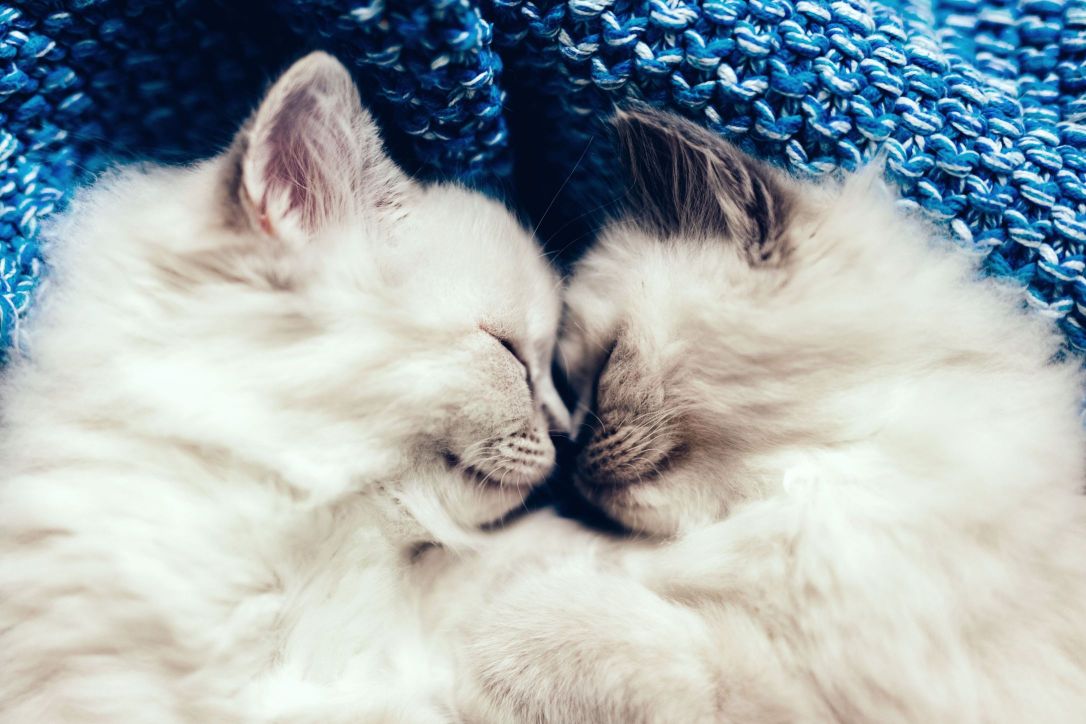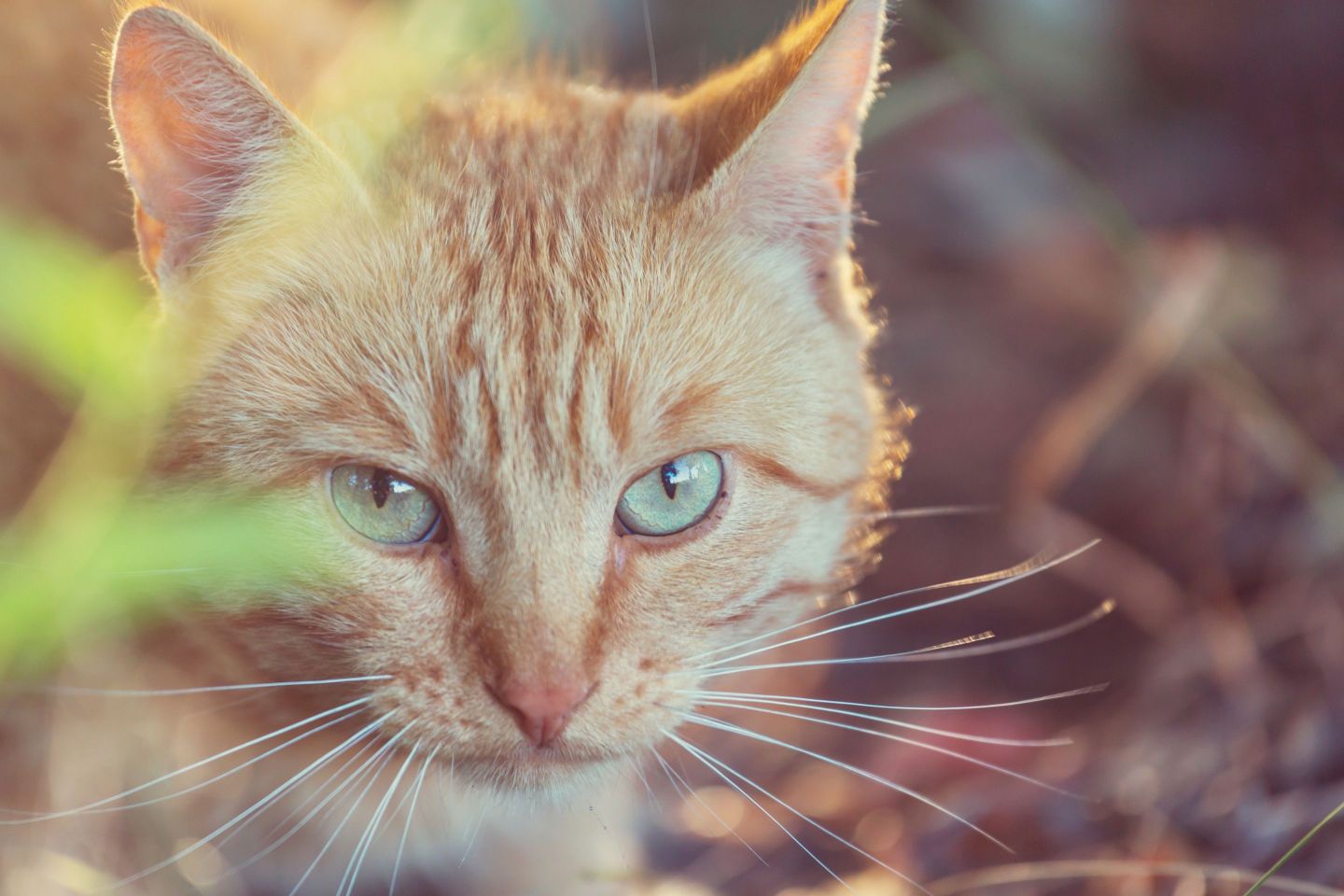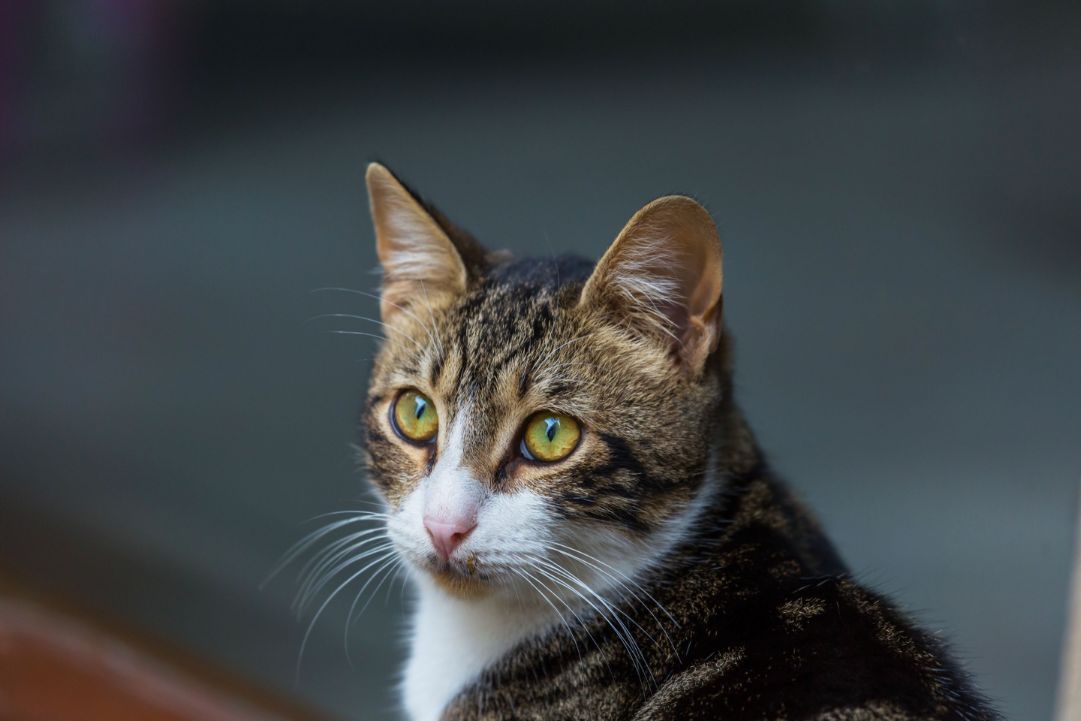
5 Reasons for Cat Hair Loss and How to Treat It
Has your cat started losing their hair?
As pet owners, our animals aren’t only much loved but they’re members of our family too. Fur loss in our cats can be a stressful, worrying time. Especially when you don’t know what is going on or how to help them.
Don’t worry! Read on for 5 reasons for cat hair loss and what you can do about it today.
1. Allergies, Itching, and Overgrooming
When fleas bite, they can irritate any cat. But some cats have hypersensitivity to flea bites — or rather the antigens in flea saliva.
If your cat suffers from this, they get itchy to the point of misery if they encounter fleas. As a way of getting rid of the itch, many will end up overgrooming. The hair isn’t falling out, your cat is licking it so much they’re pulling it out.
Mange, scabies, and lice can also make your cat’s skin itch and cause overgrooming. There are also mites, food allergies, and allergens in the environment too. It’s best to get your vet to rule out any allergies as a first port of call (or pick up any that do exist).
Some cats may also suffer from compulsive overgrooming. This could either be from painful nerve damage in the skin. Or psychological reasons like stress.
2. Endocrine Disorders
Feline Hyperthyroidism is also another reason behind hair loss in cats. This is an overactive thyroid. It will cause weight loss and other symptoms alongside hair loss.
Other hormonal imbalances can cause hair follicles do die. This can also happen if the levels of steroids in the body are too high. With the hormones out of sync, new hair may not grow back once it falls out.
An example is Cushing’s disease. This is a metabolic disorder that produces too much cortisol.

3. Pain
If some cats are in pain, they will lick that area of the body. This isn’t because it’s itchy, it’s because it hurts underneath the skin and they don’t know how to stop it.
For example, cats with arthritis often lick the joint constantly because it hurts. For them, the licking helps relieve the pain they’re feeling. The issue is, while they’re licking away the pain they’re also licking away their hair.
It can happen with breaks and open wounds too. The first instinct to clean the area as a way of ‘fixing’ it. But too much fussing can cause baldness around the bone or injury.
4. Cancer
To everyone’s relief, cancer is rarely the cause of cat hair loss. It’s much more likely to be nothing as serious.
But it’s important to be aware of neoplasia which can cause hair loss in cats. Neoplasia is the term for abnormal growths from uncontrolled cell division.
There is a series condition secondary to cancer that can cause hair loss too. This is paraneoplastic alopecia, which is hair loss associated with moist, itchy skin.
5. Alopecia
You may see cat alopecia called Black Skin Disease. There are some tell-tale symptoms to look out for which include:
- Hair loss
- Patches of dark (black) skin
- Symmetrical bald patches
- Red, scaly skin
- Crusty discharge and inflammation around bald patches
If not treated, alopecia can cause more harm than only hair loss. It can go on to affect the endocrine, lymphatic and immune systems.
An alopecia diagnosis doesn’t mean a life of pain and suffering for your beloved feline. It’s first important to consult your vet and work out the cause.
The Types of Feline Alopecia
To get to the root cause of the hair loss, your vet will ask about your cat’s lifestyle, habits, and behaviors. They will also do blood and skin samples. Causes include:
Congenital Alopecia
This type of alopecia is genetic and will be noticeable at birth. You’ll usually notice this early on and will need little treatment.
Parasitic Alopecia
You’ll see this caused by fleas, mites, lice, fungi, or ticks. It is often temporary and hair will regrow once the parasites are gone. Keeping on top of regular parasite prevention treatments can help prevent this.
Allergic Alopecia
This is the type of alopecia that occurs from external or internal allergens. It could be from food allergies. Or allergens in the environment like dust, a specific detergent, or even grass.
Psychogenic Alopecia
This is the type that’s caused by stress, depression, and anxiety. Triggers could come from separation anxiety, tension with other pets, or noise anxiety.
Ways to Treat Hair Loss and Alopecia in Cats
Most causes of alopecia will go away as you treat the underlying issues that caused it. Here are some ways you can bring relief to your beloved feline friend:
Remove Allergens
If allergies are the issue, remove any allergens that are causing inflammation. You may need to change their diet if it’s food-related, or even wash their feet when they come indoors. And check what they’re coming into contact with so you can determine the allergen culprit.
Reduce Anxiety and Stress Triggers
Work out what is causing the stress. If it’s too much noise lower your noise levels. If it’s tension with pets, give your cat their own safe space away or think about rehoming the offenders.
If there’s nothing you can do to reduce these stress (like if you live by a noisy road) there are options. CBD oil for cats can help reduce anxiety and relax them.
Use CBD Oil to Reduce Inflammation
Rather than a mountain of drugs, these natural remedies may get less invasive results. A benefit of CBD for cats is that it reduces inflammation. Hemp CBD also contains fatty acids that help promote skin and coat health. To calculate the right dose for your cat, check out our handy CBD pet dosage calculator.
Use CBD Salves
Another way to treat affected areas is to apply a CBD topical salve. CBD is often combined with other soothing natural ingredients into one salve. They reduce inflammation and promote the growth of new, healthy skin.

Cat Hair Loss Doesn't Need to Be Scary
So there you have it! Now you know these reasons behind cat hair loss you’re prepared.
It’s important to first take your pet to the vet to get a proper diagnosis. Not only will it help you work out the correct treatment, but it also rules out anything sinister.
If you think CBD oil can help your cat, visit us now. At milehighpawducts.com we’ve got a wide variety of products to suit your pet’s needs.

